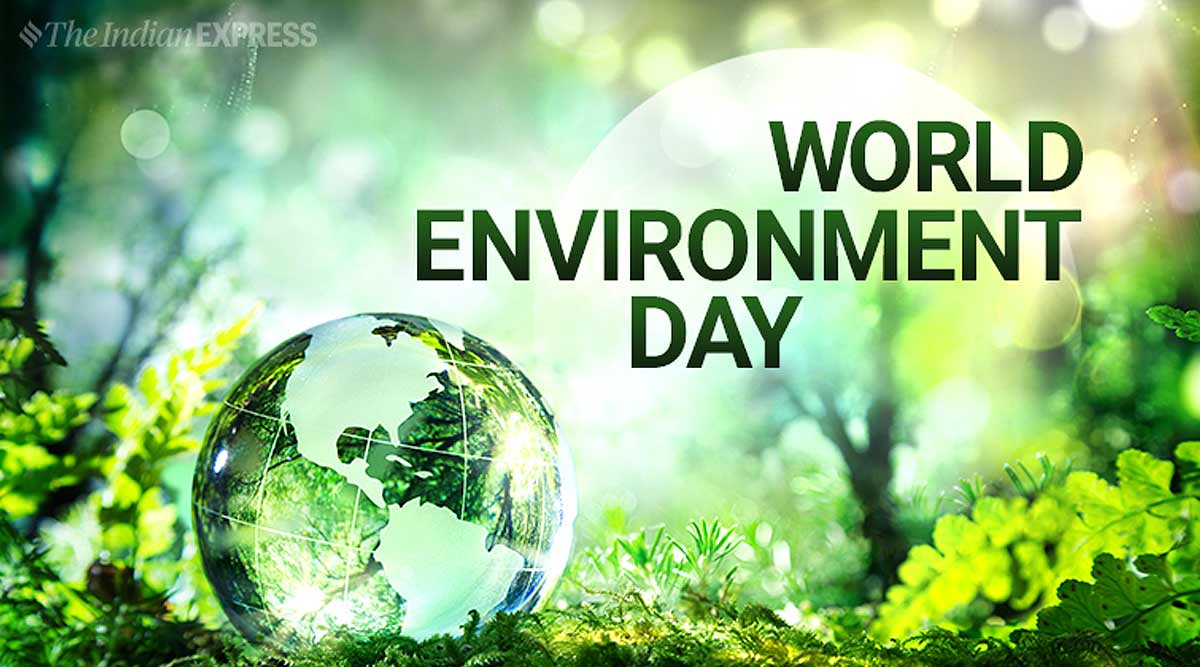2024 World Environment Day focuses on land restoration, stopping desertification
Nigeria will join the rest of the World today to mark the 2024 World Environment Day to focus on land restoration, stopping desertification and building drought resilience under the slogan “Our Land Our Future We are #GenerationRestoration.” World Environment Day is celebrated annually every 5th of June to put a spotlight on environmental challenges and […]

Nigeria will join the rest of the World today to mark the 2024 World Environment Day to focus on land restoration, stopping desertification and building drought resilience under the slogan “Our Land Our Future We are #GenerationRestoration.”
World Environment Day is celebrated annually every 5th of June to put a spotlight on environmental challenges and encourage awareness and action for the protection of the environment.
According to the UN Convention to Combat Desertification, up to 40 per cent of the planet’s land is degraded, directly affecting half of the world’s population and threatening roughly half of global GDP (US$44 trillion).
It said the number and duration of droughts has increased by 29 per cent since 2000 – without urgent action, droughts may affect over three-quarters of the world’s population by 2050.
It however notes that Land restoration is a key pillar of the UN Decade on Ecosystem Restoration (2021-2030), a rallying call for the protection and revival of ecosystems all around the world, which is critical to achieve the Sustainable Development Goals.
Hajj: 1 million pilgrims arrive Saudi Arabia
Editors condemn increasing abductions of journalists
Meanwhile, a report by the Federal Ministry of Environment on National Action Programme To Combat
Desertification estimated that between 50 per cent and 75 per cent of Bauchi, Borno, Gombe, Jigawa, Kano, Katsina, Kebbi, Sokoto, Yobe, and Zamfara States in Nigeria are being affected by desertification.
It said these states, with a population of about 27 million people account for about 38 per cent of the country’s total land area.
“In these areas, population pressure resulting in over grazing and over exploitation of marginal lands has aggravated desertification and drought. Entire villages and major access roads have been buried under sand dunes in the extreme northern parts of Katsina, Sokoto, Jigawa, Borno, and Yobe States,” the reports noted.
The report however, said the Federal Government, within the overall framework of protecting the Nigeria environment, has given prominence to the twin environmental problems of drought and desertification.
